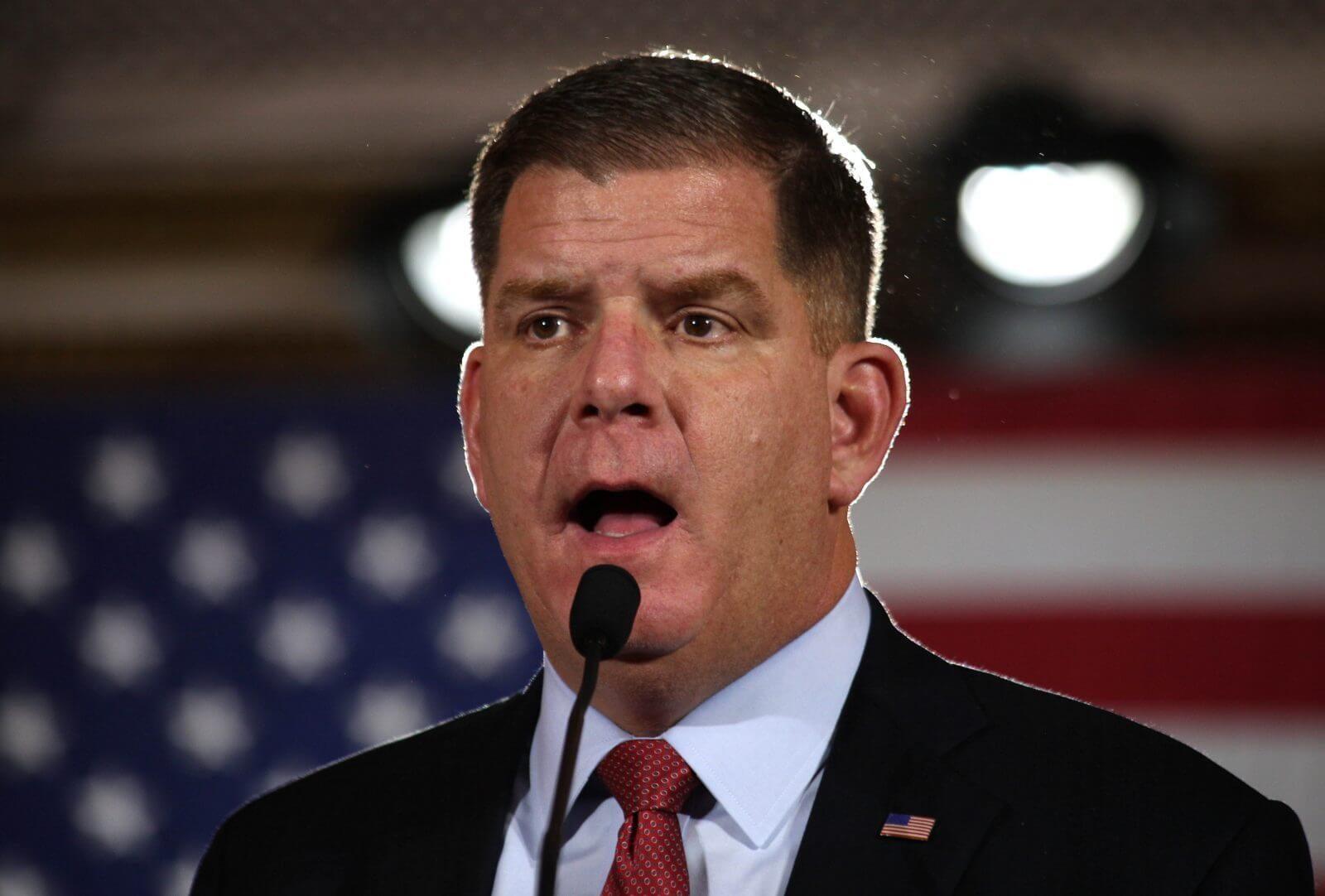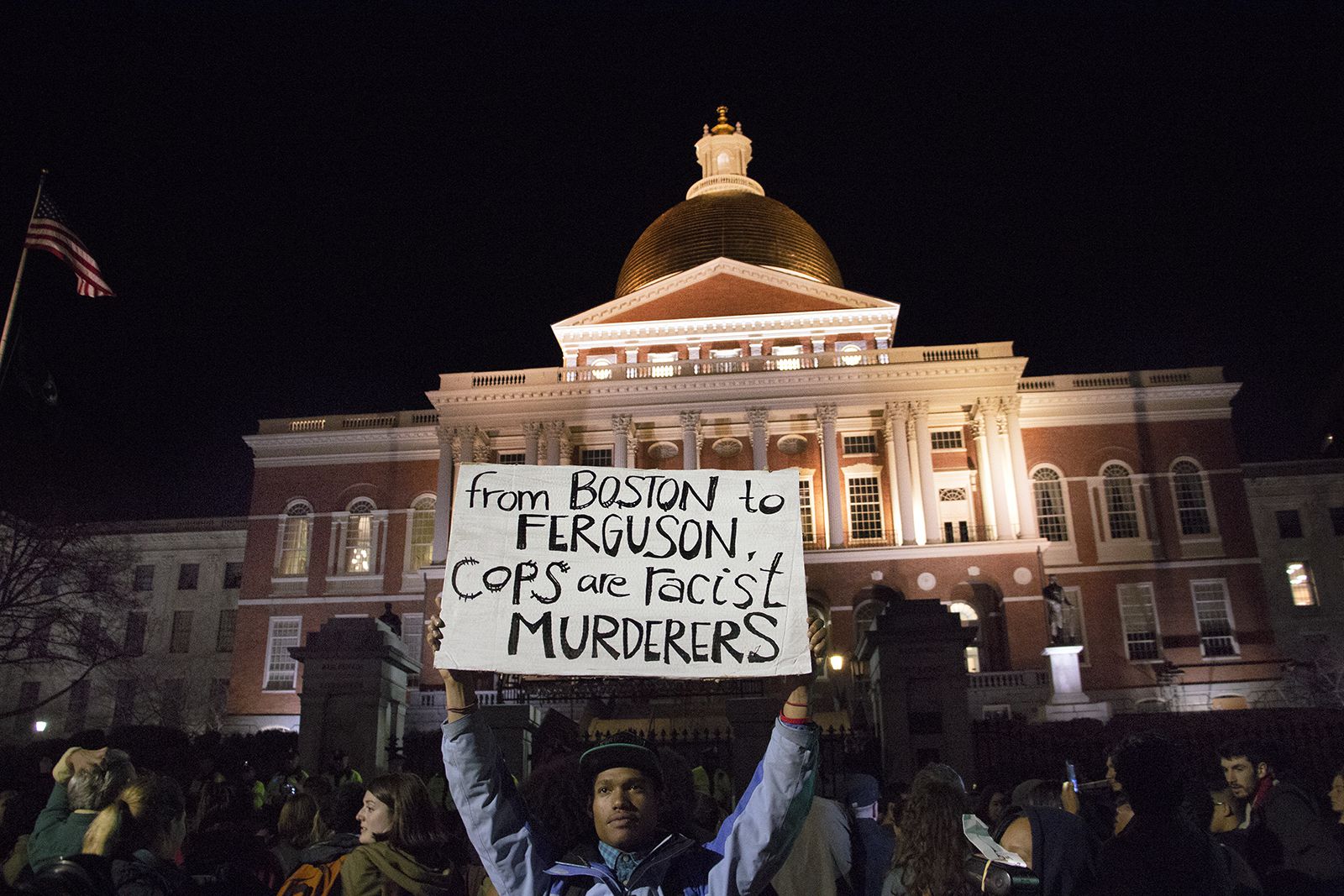The 2012 federal budget proposal is reflective of the economic situation in the U.S., President Barack Obama said in a letter to Congress on Monday.
The proposal “is built around the simple idea that we have to live within our means so we can invest in a future” said Jack Lew, the director of the Office of Management and Budget in a statement.
In his letter to congress, Obama said the $3.7 trillion budget is reflective of the economic situation in the United States and the recession that is now starting to be resolved.
As the economy begins to recover, it is critical to “live up to our promise of repairing the damage of this brutal recession has inflicted on our people, generating millions of new jobs, and seizing the economic opportunities of this competitive, new century,” he said in the letter.
Obama also said in the letter that the budget was created in a way so as to create “a path for how we can pay down these debts and free the American economy from their burden.”
Among the sectors receiving the highest portions of the budget are the national defense with 19.27 percent of the budget, health care with 22.62 percent, social security with 20.04 percent and income security with 14.48 percent.
Sectors such as education and job training, which receive only 2.77 percent of the budget, and natural resources, which receives only 1.12 percent, are on the lower end of the spectrum.
“President Obama’s budget makes difficult choices while still investing in America’s future,” said College of Arts and Sciences senior Hope Gee, president of the Boston University College Democrats. “President Obama offers responsible solutions to trim government spending while at the same time investing in education, research and clean energy – all of which help create longterm economic growth and help keep the US competitive internationally.”
However some Republicans are not in favor of the president’s proposal.
In a statement released Monday by Massachusetts Republican Sen. Scott Brown, the senator expressed his disapproval for the $3.7 trillion budget.
“The Obama budget would almost double the debt in 10 years to more than $26 trillion dollars. President Obama has not presented a plan to seriously address the deficit,” Brown said. “His budget does not put us on solid fiscal ground. Instead, this budget contains mixed-up priorities. Cutting fuel assistance for the needy while pouring billions of new spending into other programs makes no sense. I think we can do better.”
Although there is dissent in Congress, many, including Gee, hope that a consensus will be reached.
“The budget will of course be a major political issue in the upcoming months, and I hope Congress will work with the President to construct a budget that reflects America’s priorities and creates growth in the long run,” she said.
Obama spoke at Parkville Middle School and Center of Technology near Baltimore after the release of the budget and explained how decisions regarding the budget were made.
One facet of the budget the president brought up was the five-year freeze on annual domestic spending.
“This freeze would cut the deficit by more than $400 billion over the next decade, bringing this kind of spending – domestic discretionary spending – to its lowest share of our economy since Dwight Eisenhower was president,” Obama said.
BU College Republicans did not respond to requests for comment.

























































































































